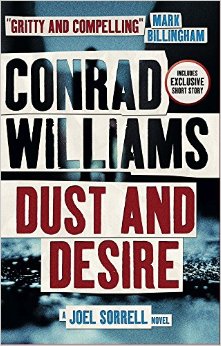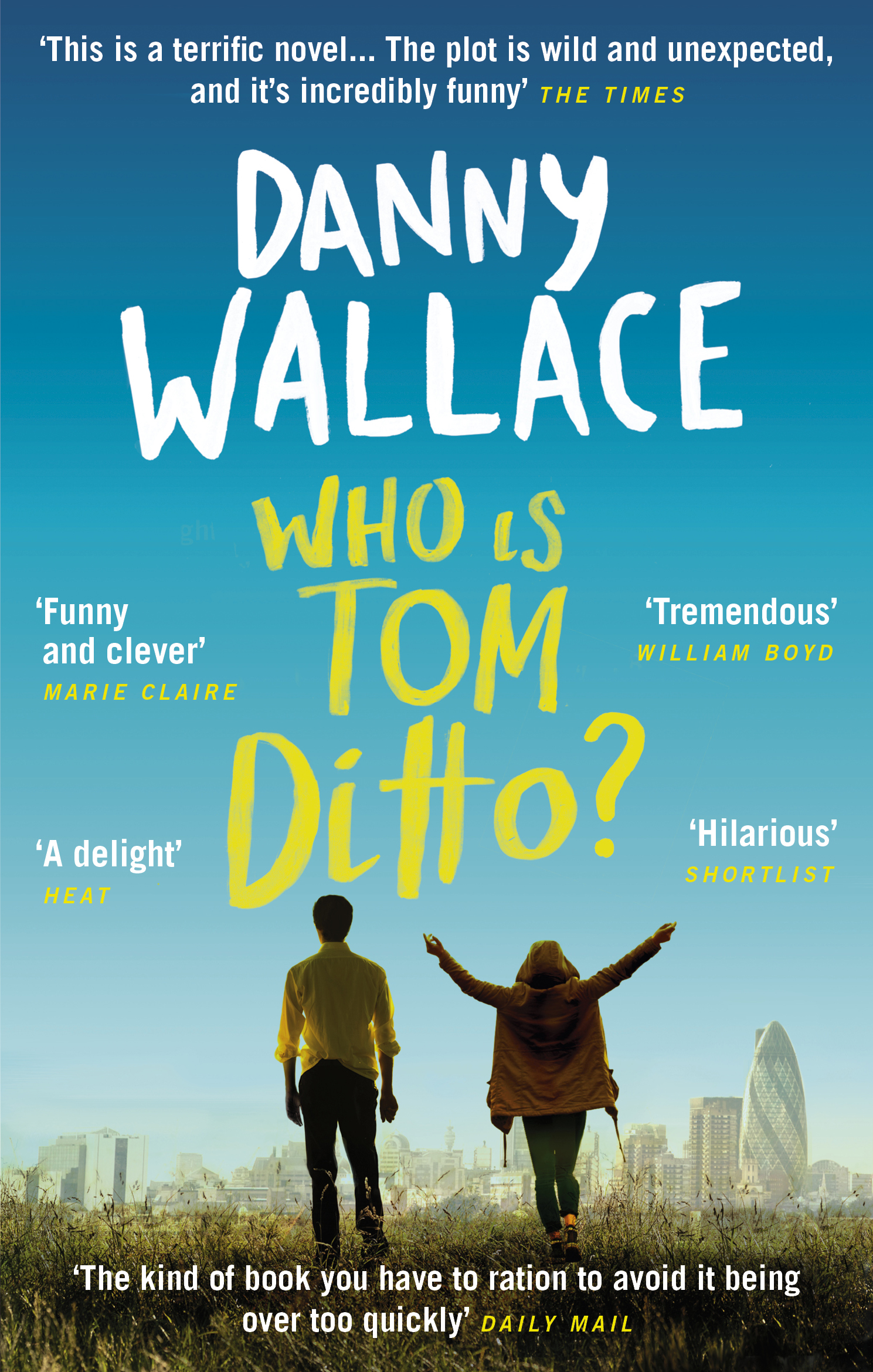You have no items in your cart. Want to get some nice things?
Go shopping Parchment, paperback or Kindle, what is it we’re really doing when we read? Litro Book Club member Thomas Chadwick finds age-old questions in this month’s Club pick.
Parchment, paperback or Kindle, what is it we’re really doing when we read? Litro Book Club member Thomas Chadwick finds age-old questions in this month’s Club pick.
“The invention of printing, though ingenious, compared with the invention of letters, is no great matter.” [Thomas Hobbes, Leviathan, I, IV]
Before, after, or even during reading Robin Sloan’s novel it is worth taking a moment to note how it evolved into the book we hold in our hands or kindle today. It began five years ago, “inspired by a tweet,” and first appeared as a short story entitled Mr Penumbra’s 24 Hour Bookstore, which Sloan published on the Kindle store. This early story was followed by others, and then Sloan ran a Kickstarter project to fund the writing of a novella. Only then did the book come to the attention of the agents and publishers who brought us the full novel of today. What is interesting, given what the novel goes onto explore, is that the work existed online long before it existed in the physical world of a published press, and while it might sound hackneyed to say that this is a novel born of the internet, it is the internet which the novel interrogates, balancing a great optimism for the power of tech, against the Luddism of a nostalgic and mystical cult that believes that truth exists only in a printed book in a physical world.
Mr Penumbra’s 24 Hour Bookstore does not offer a simple division between the luddites and the techies, but the tension is there in essence throughout. Notable techies include Neel Shah, the world’s leading expert in boob physics (and millionaire), and Kat, a Google employee, who thinks that computers provide the key to eternal existence. The Luddites’ corner is occupied by the followers of the Unbroken Spine, notably their aggressively nostalgic leader, Corvina. The Unbroken Spine is the cult that emerges from Mr Penumbra’s bookstore, with its rarely seen customers and bizarre logbooks. What our narrator Clay Jannon discovers is that the Unbroken Spine, of which Mr Penumbra is a member, is a cult centred on the legacy of a 16th century printer named Aldus Manutius. Its aim is to uncover codes in books written by its members, a code which, when uncovered, is believed to have the power to bring every member back to life in some eternal capacity. It finances itself by licencing the Gerritszoon font; its motto is festina lente (more haste less speed).
Quite what the patterns uncovered are or when this Venetian printer’s following moved its central office to New York is unclear but the claim is more straightforward: there is something in these old books that has a resonance that cannot be found in the modern information technology-driven world. As Clay and his friends begin to use undercover-tech to unlock the Unbroken Spine’s secrets, the matter of Tech versus Luddism becomes a question of scope. On the one hand the Luddites distrust tech because they feel it is in some way false or dishonest, or in the eyes of the Unbroken Spine, pointless: de-coding the work of Aldus Manutius needs to be done in the self-same font as Manutius’ followers printed in. On the other hand the techies see a naivety in the rest of the world. A confused nostalgia for by-gone technology and a refusal to believe in what information technology can do for us.
Kat, Clay’s sometime girlfriend, is the uber-tech here. She works for Google, she wears the same clothes every day because she “didn’t want to waste brain cycles figuring out what to wear,” she even invites Clay to her house party via webcam and takes him into her bed. Her faith in tech’s capabilities is un-shakeable, blind even: “Writers have had their turn,” she says. “Now it’s programmers who get to upgrade the human operating system.” Kat believes that the big change is going to be in our brains and that this big change can lead to a previously unobtainable goal: eternal life.
In the midst of the Luddites and the Techies is Clay Jannon. On the face of it Clay appears to be into tech: he is a web-designer whose first port of call in a crisis is a web forum. But it becomes clear that this is simply the fabric of Clay’s life, indeed all our lives, because while Kat has faith, Clay is a sceptic. Clay is the novel’s narrator and outsider, separated from both Kat and Neel’s optimism and the mysticism of the Unbroken Spine. He has the strange fragrance of Futurarma’s Fry, and his deadpan delivery, reminiscent of Mark Leyner’s My Cousin, My Gastroenterologist but with a great deal more soul, is one of the real delights of this book. Clay is both submerged within the language of information technology as well as looking in from outside with a sceptical eye. When describing the kitchen he shares with his flatmates Clay writes:
“I tread lightly in the kitchen; I prepare meals that are easy to clean up, like pasta and Pop-Tarts. I do not use her fancy Microplane or her complicated garlic press. I know how to turn the burners on and off, but not how to activate the oven’s convection chamber, which I suspect requires two keys, like the launch mechanism on a nuclear missile.”
 Clay is someone getting by in his age, and when he speaks of his flatmate’s kitchen or his friend Neel’s kale shakes or meals at Google that consist of “Vitamin D, Omega 3s, and fermented tea leaves,” he can’t hide his cynicism. When Kat asks him how he copes with how short our lives on earth are, his answer is suitably blunt: “My life has exhibited many strange and sometimes troubling characteristics but shortness is not one of them.” Yet Clay is equally sceptical of the mysticism of the Unbroken Spine, he is mostly intrigued by the project of de-coding, but he does not really expect to find anything there. Clay’s scepticism, however, does a good deal more than simply offer a witty narrator, it actually helps expose the similarities between the tech-optimism and the luddite-mysticism. He shows that, whatever maths and science it is built on, the internet is, to the user, just as mystical as the belief in a 16th century printer’s cult, and that the online world we live in is just as bizarre as Corvina’s underground reading room.
Clay is someone getting by in his age, and when he speaks of his flatmate’s kitchen or his friend Neel’s kale shakes or meals at Google that consist of “Vitamin D, Omega 3s, and fermented tea leaves,” he can’t hide his cynicism. When Kat asks him how he copes with how short our lives on earth are, his answer is suitably blunt: “My life has exhibited many strange and sometimes troubling characteristics but shortness is not one of them.” Yet Clay is equally sceptical of the mysticism of the Unbroken Spine, he is mostly intrigued by the project of de-coding, but he does not really expect to find anything there. Clay’s scepticism, however, does a good deal more than simply offer a witty narrator, it actually helps expose the similarities between the tech-optimism and the luddite-mysticism. He shows that, whatever maths and science it is built on, the internet is, to the user, just as mystical as the belief in a 16th century printer’s cult, and that the online world we live in is just as bizarre as Corvina’s underground reading room.
The solution to the mystery of the Unbroken Spine becomes almost irrelevant. Clay’s real suggestion is that, as Hobbes noted of printing, the internet may not be quite the epoch-busting movement some assume it to be. “I’m really starting to think the whole world’s just a patchwork quilt of crazy little cults,” says Clay, “all with their own secret spaces, their own records, their own rules.”
Among the books Robin Sloan lists as “further reading for Penumbra fans” is included James Gleick’s 2011 The Information. In Sloan’s own words “it is a book interested in messages and codes and the question of what endures and how.” Gleick frames The Information as a problem of communication. We have information, be it letters, books, emails or bits, so that we can communicate. The information we live amongst does not transform the world so much as transform our encounter with it. In the words of theoretical physicist John Archibald Wheeler (knock yourself out) “All things physical are information-theoretic in origin.” In essence then, our understanding of the world is based on our conception of it as information to be understood, or as Gleick himself puts it: “The whole universe is a computer – a cosmic information processing machine.”
We could be forgiven for thinking that this is a new problem. We could be forgiven for thinking that the internet has ushered in a new epoch of information. In many respects it has, but the triumph of Mr Penumbra’s 24 Hour Bookstore is to point out that the techies and luddites of the world actually have a great deal in common. The question both the readers of the Unbroken Spine and the tech-futurists at Google are asking is really the same question, one that has been asked for centuries: what is it that we do when we read.
What Mr Penumbra realises almost right away is that to ask what place and purpose reading has in our current age is really to ask what place and purpose reading has in any age. While the novel is clearly in touch with the seismic shifts in the reading culture of our time, it also engages with another revolution in reading – printing – and casts our concerns over the future of knowledge alongside concerns as old as human life itself. Mr Penumbra really asks a very old and very human question: what connects the lives we live in the world to the world in which we live those lives.
It is, above all, a poignant reminder of the value of asking that question, and while some writers see the internet as a scourge on the future of literature, Robin Sloan has written a novel which not only makes the case for the novel to persist online, but ultimately suggests that most of the big questions aren’t changing that much anyway.
Book Club member and want to get your review on the Litro site? Email your review to online@www.litromagazine.com, we’d love to read it.
: We pick the most exciting new titles out there for the Litro Book Club, and you’ll get them sent to you before they hit the shops. You’ll get access to live author Q&As, and the chance to see your reviews published on the site. It’s a great way of meeting like-minded book-lovers too. Join the Club

Thomas Chadwick
Thomas Chadwick is currently splitting his time between London and Gent, Belgium. His short fiction has been published in print and online and he was shortlisted for the Bridport Prize 2013.




